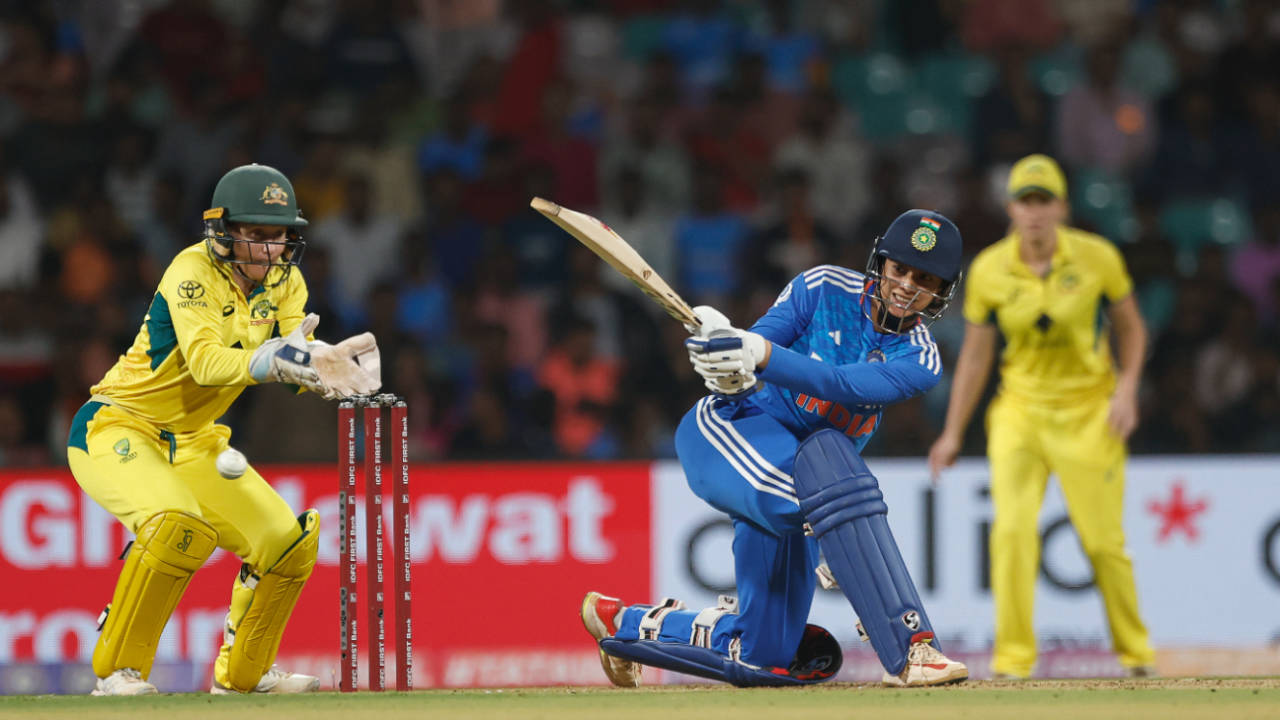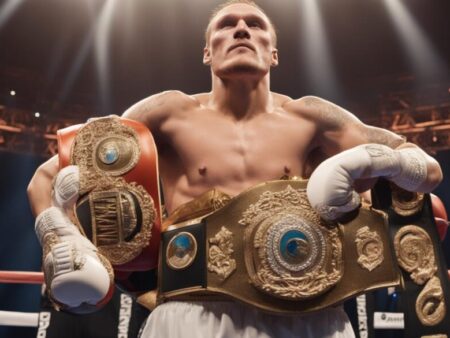Starting in 2025, women’s cricket tournaments organized by the ICC will have their own sponsors, separate from men’s events. This change highlights the growing value and popularity of women’s cricket.
Previously, sponsors often saw women’s cricket as less important, but now they are investing in it directly, recognizing its potential to attract viewers and generate revenue. Anurag Dahiya, the ICC’s chief commercial officer, stated, “It is the first time we’ve offered commercial opportunities specifically for our women’s cricket events and we see this partnership as a significant marker of confidence in the standalone value of women’s cricket.”
Dahiya added, “The decoupling signals that women’s cricket is no longer an add-on or a freebie that’s attached to men’s games, but a distinct high-potential commercial product.” He noted, “It’s a shift from advertisers saying we are subsidising women’s cricket to saying we are genuinely investing in it, and that’s because we believe that it can drive revenue, audiences, and relevance.”
The ICC’s commercial officer points to rising audience numbers in stadiums and on TV and online as the reason for this shift. “We see an acceleration of growth across metrics, whether it’s in stadia or on broadcast and digital platforms. We’ve broken audience records steadily over the last few years,” Dahiya mentioned.

Recent women’s T20 World Cups have seen record attendance and viewership. At last year’s T20 World Cup, 15,935 people watched the group-stage match between India and Pakistan, and the final between New Zealand and South Africa was sold out. The 2023 T20 women’s World Cup saw a 790% increase in viewership compared to 2020.
The women’s T20 World Cup will also expand from 10 to 12 teams in 2026, and a women’s Champions Trophy will be added in 2027, ensuring an annual major women’s ICC event.
“The expansion of events has also been giving us a lot of momentum,” Dahiya said. “Our calendar has introduced new events such as the Under-19 women’s T20 World Cup, the women’s Champions Trophy, and upcoming editions of the existing events, which will see more participating teams as well.”

While women’s cricket benefits from existing cricket fans, it’s also attracting new audiences, especially in places like the UK, where it is promoted as family-oriented.
Unilever’s sponsorship aligns with their campaign for positive representation of women. Dahiya noted, “Challenging those stereotypes in the representation of women in sports, specifically in cricket, is core to our strategy but we also want the participants to be acknowledged for what they are first and foremost, which is high-performing athletes.”











